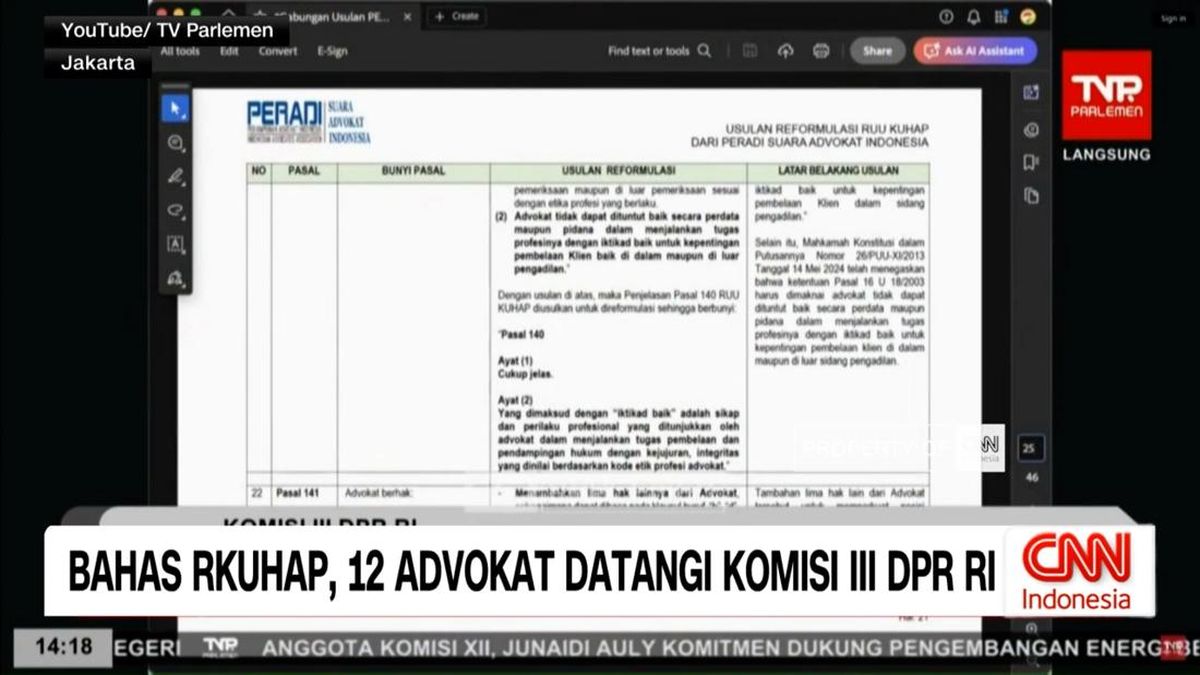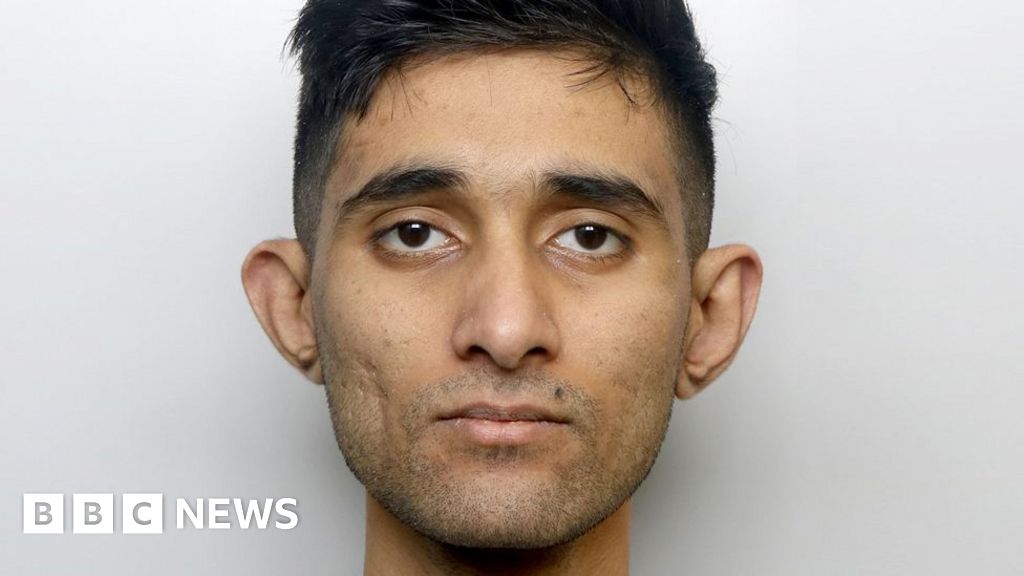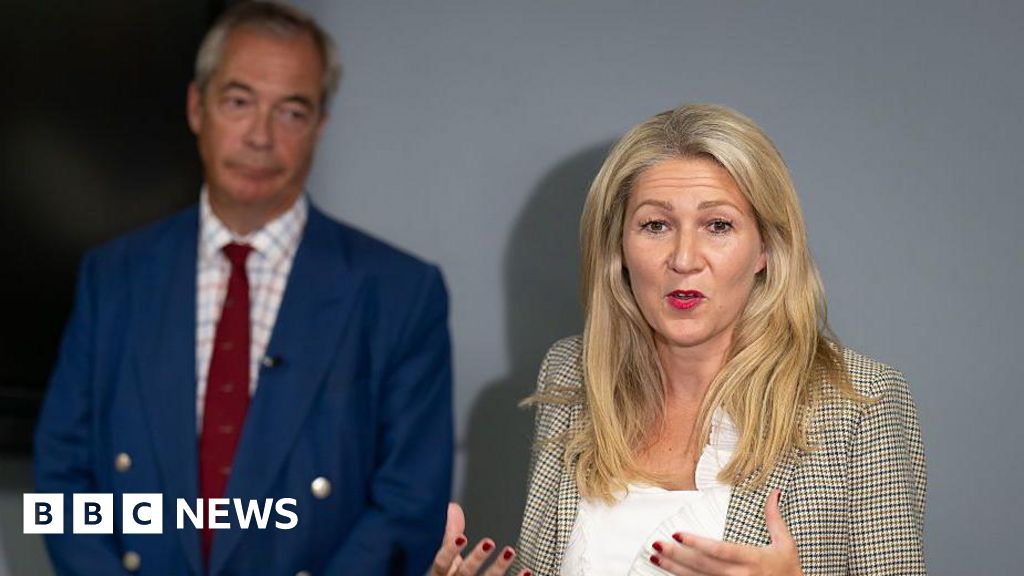Uber is trying to wash its hands of a discrimination case led by a blind customer who claims trips with her guide dog are routinely cancelled, with the ride-share giant arguing it can’t answer for its drivers’ behaviour because they are contractors, not employees.
Paula Hobley launched proceedings in the Federal Court against Uber this year, alleging that between March 2021 and November 2022, she had 32 trips cancelled after drivers matched to her booking saw a note that she was travelling with her assistance dog, Vonda, and refused to pick her up.
The Victorian woman claims the behaviour amounts to a breach of anti-discrimination laws because of her disability. She took legal action after initially making a complaint against Uber at the Human Rights Commission, where the matter could not be resolved through conciliation.

The ride-share company offers an “Uber pet” booking class, alongside other options such as “Uber X”.Credit: Luis Enrique Ascui
Uber insists it has not breached anti-discrimination laws. Central to Uber’s argument is its claim playing down responsibility for its drivers because they are contractors, not employees. The group has argued this across a range of legal questions such as employee wage deals, working conditions and instances of driver misbehaviour.
In its defence submitted to the Federal Court, Uber maintains it is not a company that provides transport services, but rather, a technology company that provides users with access to its smartphone application, which matches them with and facilitates payments to drivers, who are independent contractors.
Uber argues that any alleged refusal of service is a question for the independent drivers, not Uber, which cannot control which jobs independent drivers on its platform accept. Uber argues it never refused Hobley its services, in that her access to the Uber app was never cut off.
Loading
“Drivers are the ones who choose whether to accept, ignore or decline trip requests... [Uber] does not have control over a driver cancelling an accepted trip request,” Uber said in its defence. It said it “denies the allegation” that it ever assigned a driver to Hobley’s trip request or to any customer.
Uber also said while it denied it had engaged in any discrimination, any such discrimination would not be unlawful because avoiding it “would impose an unjustifiable hardship” on the company. Uber does not detail what the hardship would be.
Hobley, in her response to Uber’s defence, hit back at the notion that she and other riders enter into agreements with drivers directly. She notes Uber sends customers a receipt after each trip totalling the amount they paid to the company for point-to-point transport services, and that the receipts don’t detail the amount their driver is paid.
The ride-share company offers an “Uber pet” booking class, alongside other options such as “Uber X”, but under its rules, riders with assistance animals do not need to book the specific pet option. Instead, customers who travel with assistance animals can opt in to a program that identifies them as travelling with an animal to drivers who accept their trip.

Paula Hobley with her guide dog, Vonda. Hobley, who is blind and routinely finds Uber drivers cancel trips when she is travelling with Vonda, is accusing Uber of breaching discrimination law. Photo Supplied
When drivers, some of whom may prefer not to accept Uber pet trips, accept a regular trip request and are then notified that the customer will be travelling with an assistance animal, the app generates a notification that drivers are legally obliged under anti-discrimination law to accept the trip.
However, Hobley claims drivers routinely cancel on her, causing her to become stranded and miss medical appointments and social functions. Hobley, in comments made before Uber filed its defence, alleged Uber had taken a “softly-softly” approach to enforcing drivers’ legal obligations.
“If I can’t find a driver who will take me to essential appointments, my only other option is a long, indirect trip on public transport,” Hobley said this year, adding that what is a 10-minute car trip to an appointment near her place takes nearly an hour by bus.
The experience of having trips cancelled has become “too draining”, to the point that Hobley avoids certain activities due to the risk of a cancellation.
“I need to be able to travel without stress and considerable pre-planning, just like most people do. This is a right, not a privilege,” Hobley said.
Hobley said she was not asking for special treatment but had launched the legal action – in which the Justice and Equity Centre are representing her – so that drivers “do their job and Uber enforce that”.
The legal standing of Uber’s claim is unclear. Alastair McEwin, who formerly served as Australia’s disability discrimination commissioner and is a professor of practice in disability at the University of NSW, said a disabled person could not be refused service because of a disability support they require, such as an assistance animal. Contractors were covered by the act, he said.
Loading
He also questioned Uber’s claim of unjustifiable hardship, noting carrying assistance animals did not cost extra and that Uber had not specified hardships such as cleaning charges.
“If the court were to find in Uber’s favour in this case, it could potentially set a dangerous precedent that global organisations like Uber do not have to comply with the Disability Discrimination Act and therefore have no obligation to be accessible for disabled people,” McEwin says.
Lee Kumutat, advocacy and policy manager at Guide Dogs Australia, said Hobley’s experiences were “all too common”. Kumutat pointed to research by the organisation that found 50 per cent of people requiring guide dogs had had an issue with ride-share or taxi companies in the past two years, with more than one-third saying their trip was cancelled.
“Uber should not be above the law when it comes to discrimination,” Kumutat says.
An Uber spokesperson said if a driver refused service to a rider with an assistance animal, they must pass a test, and that a second refusal may result in permanent loss of access to its Uber driver app.
“The distress of being refused service because of an assistance animal is not something we take lightly at Uber, and we know this is a significant issue across broader society,” the spokesperson said, defending the company’s investment tools and education “to ensure drivers understand their legal obligation”.
A mediation hearing is set for September.
The Business Briefing newsletter delivers major stories, exclusive coverage and expert opinion. Sign up to get it every weekday morning.
Most Viewed in Business
Loading


















































